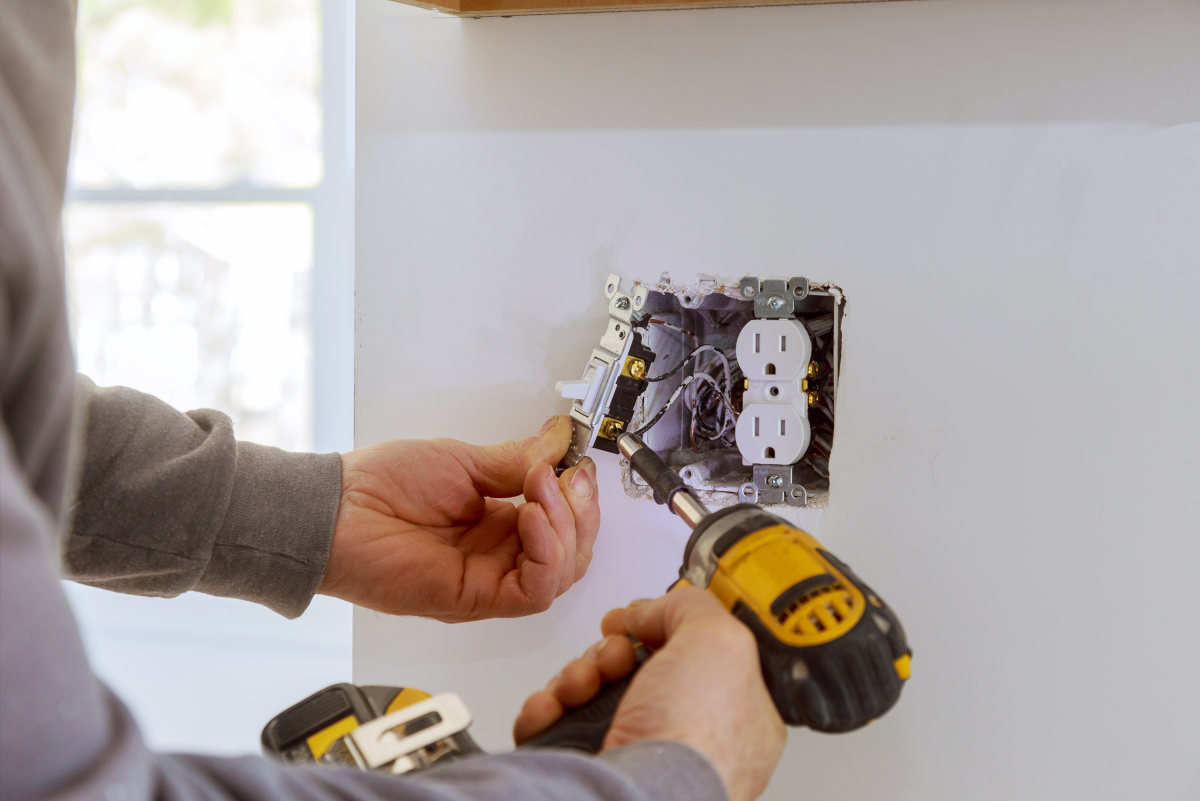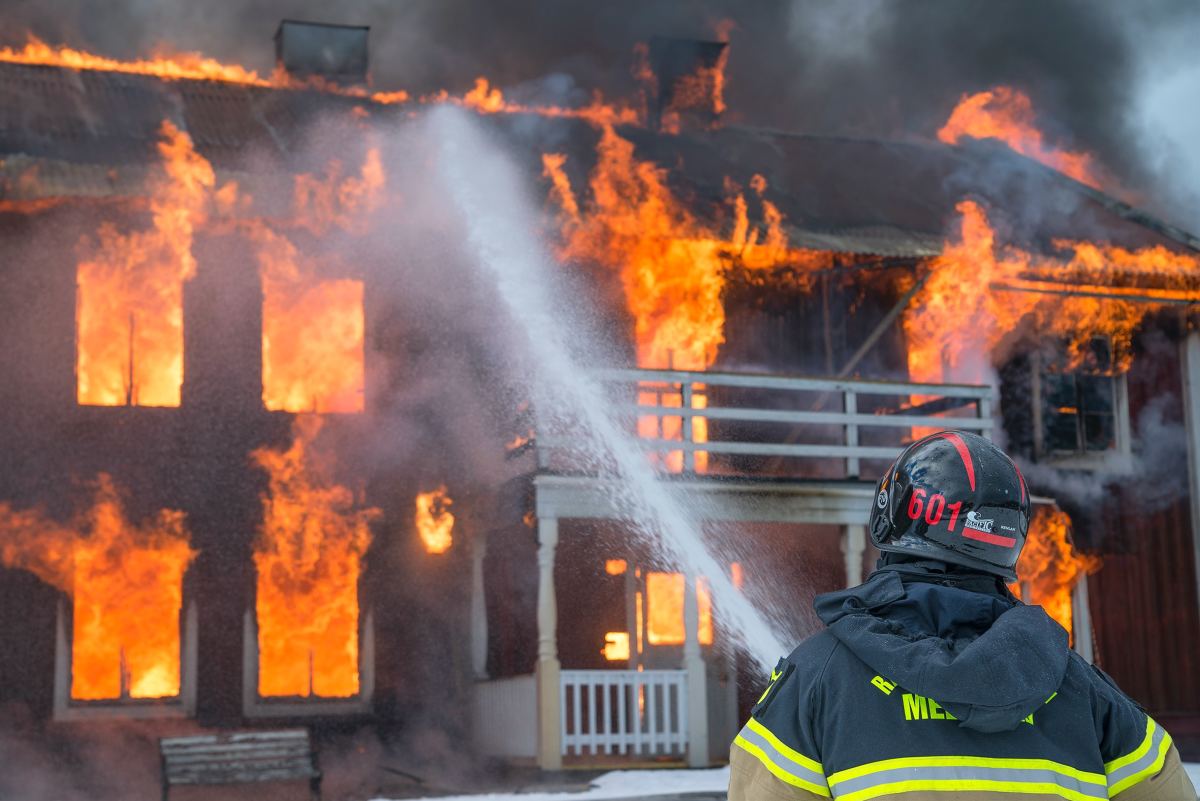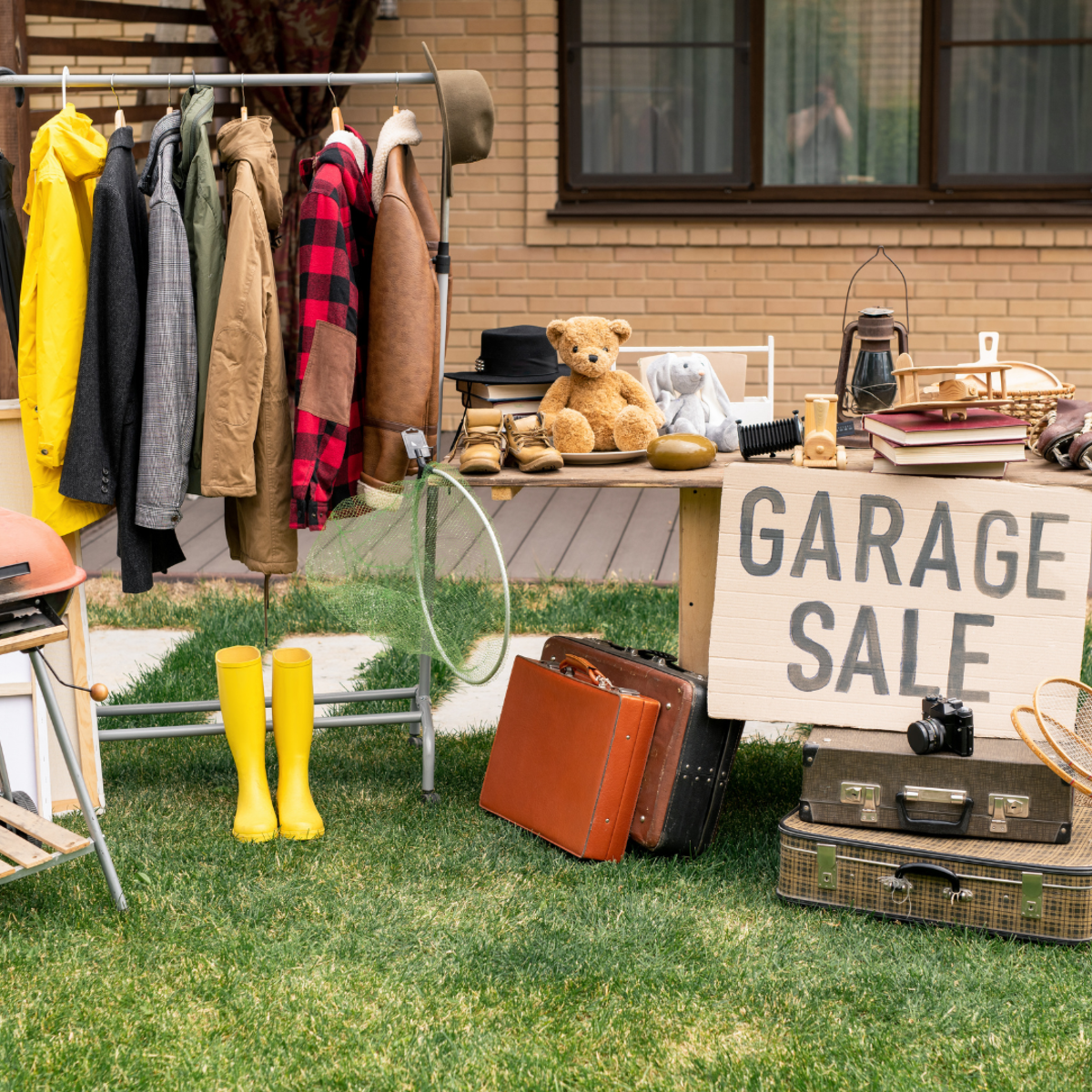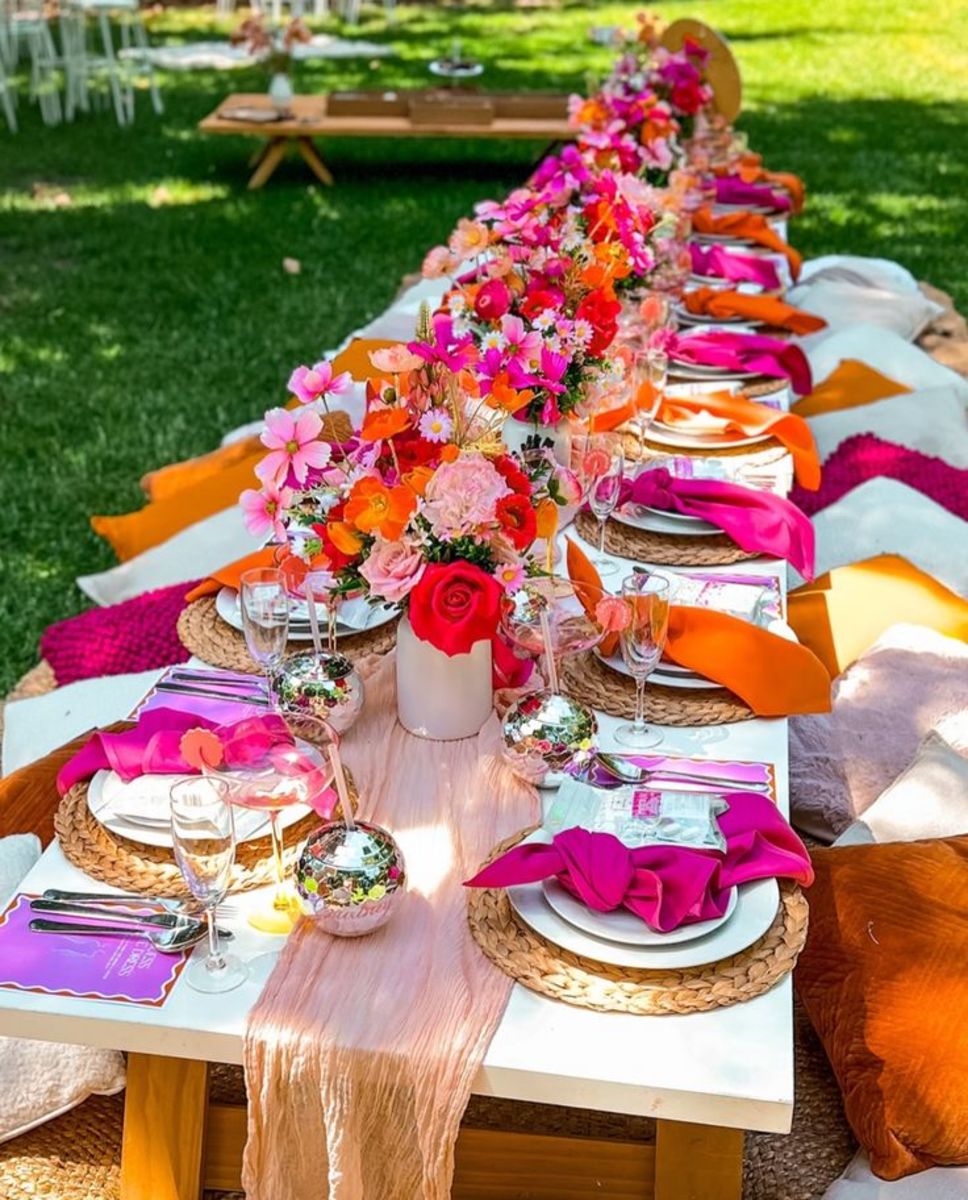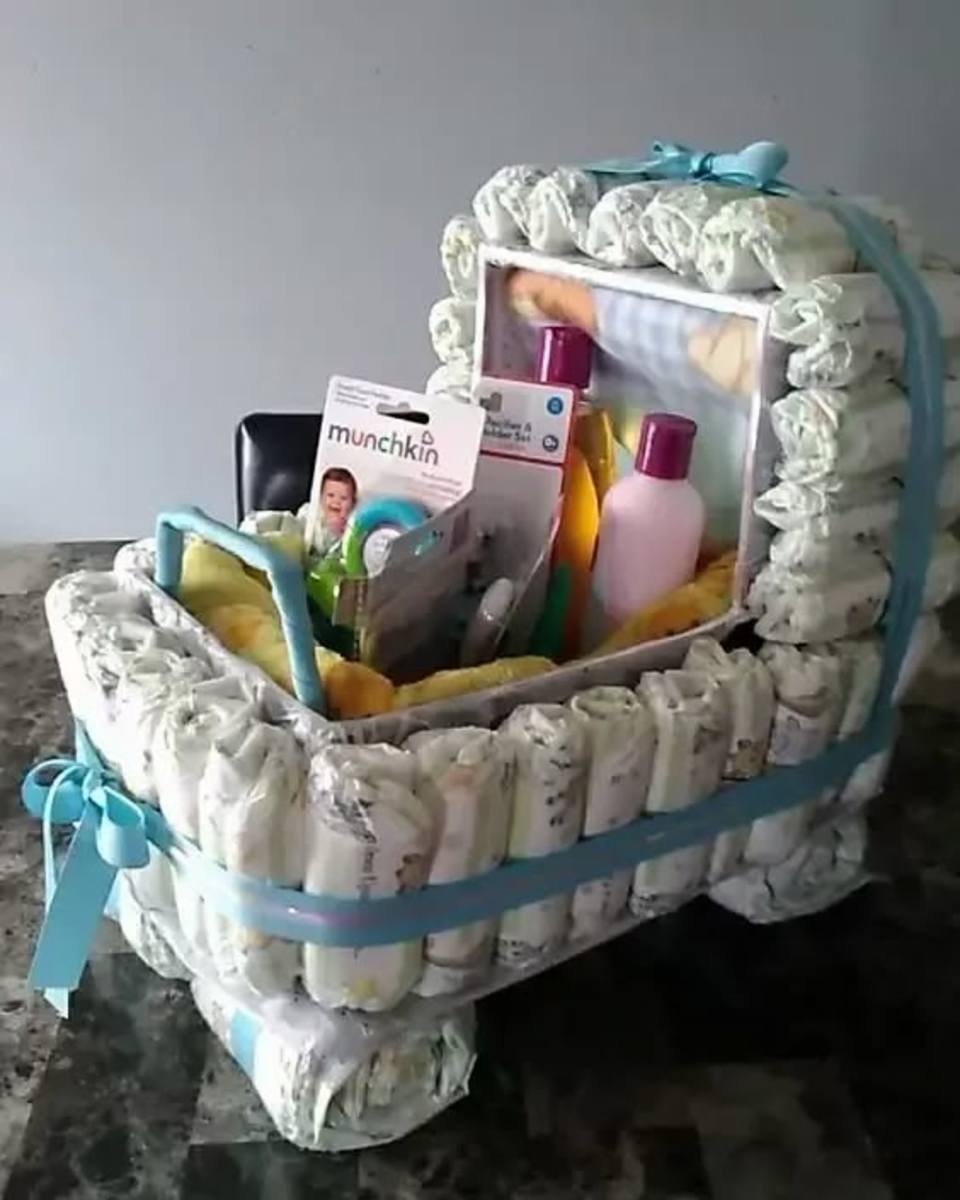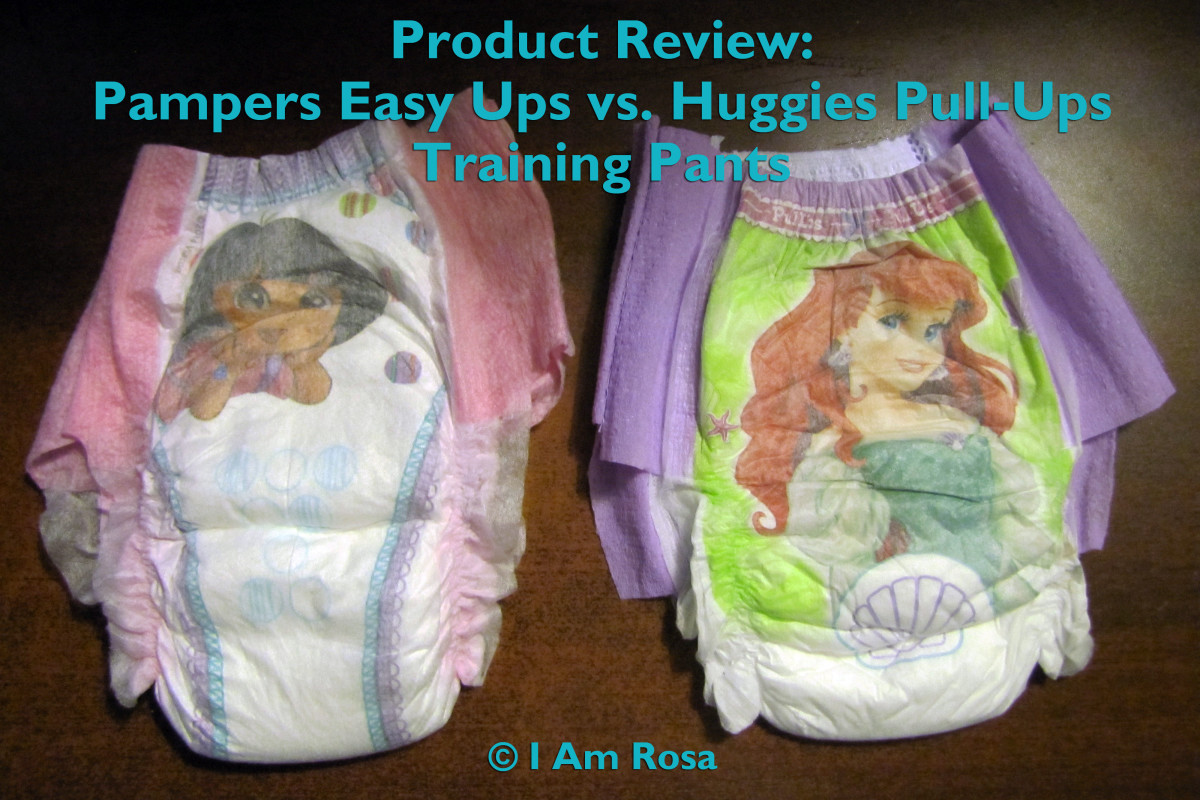How to Keep Your Home Safe for Baby - Safety at Home for Baby
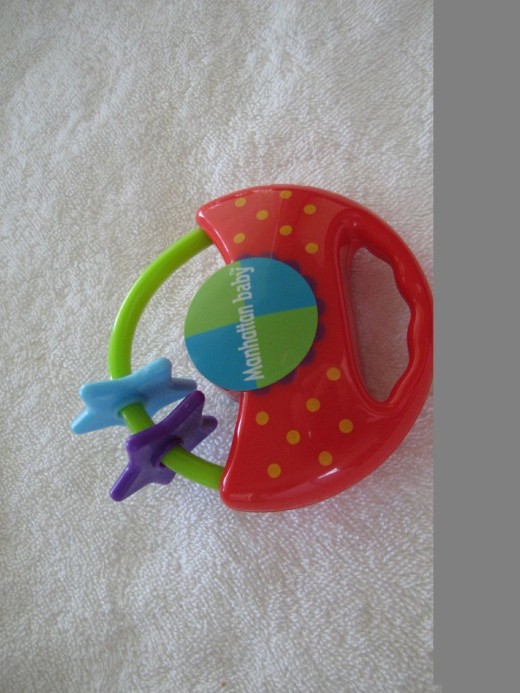
Any time is a good time to increase safety precautions around the house for your baby. Taking a few small measures for safety prevents some of the most common household injuries and accidents. And both you and your baby can enjoy, and grow together, in an environment that is baby-friendly.
Start on the Floor
Bring your eyesight down to the world of a crawling baby, and you may soon discover preventable accidents waiting to happen. Check the outlets, hanging cords, base cabinets with household chemicals and doors leading to the basement or outside.
Change standard electrical outlets to the child-proof ones that close off the outlet holes when cords are not plugged in them, or at least insert plastic outlet plugs to prevent the baby from sticking an object into the outlet. Also make it a point to secure the objects at the other end of an electrical cord and also block access to any electrical cords, since a baby may pull on it, cause an item to fall or unplug it from the outlet.
Remove household cleaning chemicals from the base bathroom or kitchen cabinet, and relocate them to a high shelf in a cleaning closet, a high cabinet in the mudroom or laundry room, or in a secure storage space in the basement. Once out of reach, mom and dad no longer have to fear the baby coming into contact with the chemicals.
Another on-the-floor hazard waiting to happen is a door that leads to a lower level or open access to steps. Not only is a crawling baby at risk of falling, placing a baby in a walker heightens the risk, since the baby's spacial judgement is not advanced enough to stop the baby before the walker tips over the first step. Closing the door is not enough – install a door spring over the hinge of an interior basement door to automatically close the door after it is opened, install guard gates near open steps, and pay special attention to closing the main door or screen door that latches to the outside.
Carpet over Tile and Hardwood
Hardwood has some shock-absorbency characteristics, but a baby slipping and falling on tile is nothing short of painful to experience. Make the crawling and walking surfaces of your home soft and comfortable for the baby by installing non-skid area rugs or wall-to-wall carpeting. This will dramatically decrease the baby from sustaining injuries from a fall on the floor.
Smoke and Water
The two do not go together except when water is putting out a fire. Rather, make it a point to install smoke detectors around your home in case of a fire, and also to alert you long before the baby has a chance to inhale harmful amounts of smoke.
The hazards of water is in its standing amount in a 5-gallon bucket or a tub, and also in its temperature. It is very easy for a baby to drown, so do not leave cleaning buckets of water near the baby, nor leave the tub filled with water while you attend to something else. Also adjust your water-heater's temperature to 120 degrees or lower to prevent the baby from sustaining scalding burns.
What's Hanging Around
Hanging electrical cords are only one type of thing around the house that a baby can pull on and hurt herself. Look for hanging drapery cords, window blind strings, hanging beads from the '70s, and anything else that is long enough for a baby or small child to wrap around their neck or arm and face strangulation or cut off their circulation to a limb.
Medications Are Not for Baby
Okay, it's a given that parents and adults must keep medications out of the reach of children – but it worth saying again. Take the extra measure of keeping all medications in a locked cabinet whenever there is a baby or child in the house. Do not skip over this one, because it may save your child's life.
Sharp Tools of the Home
Anything pokey and sharp does not belong in the reach of a baby or child, so keep all knives, forks, screwdrivers, hammers, cutting appliances such as food processors and blenders, and all power tools secure from the child's reach.
It can happen in seconds – any of the injuries mentioned above, so take the time to set up your house to be as injury-resistant as possible and then enjoy a peace of mind that your baby may be safe from avoidable harm.
Resources
- Babies (0-12 months)
- Child Safety: Keeping Your Home Safe for Your Baby -- FamilyDoctor.org
Learn how to keep your child safe by babyproofing the crib and home, keeping medicines and poisons out of reach, and securing stairs, doors and windows - Safe Beginnings - Largest Selection of Babyproofing and Childproofing Products For Your Home
Safe Beginnings is your reliable source for premium quality babyproofing and child safety products. We offer a large selection of childproofing products to babyproof your home including baby gates, cabinet and drawer latches, appliance safety latches



